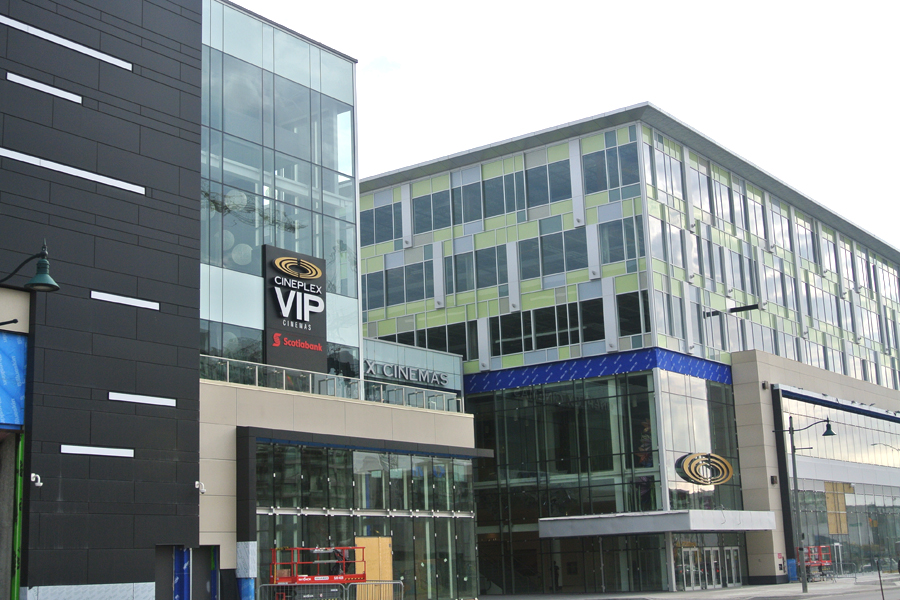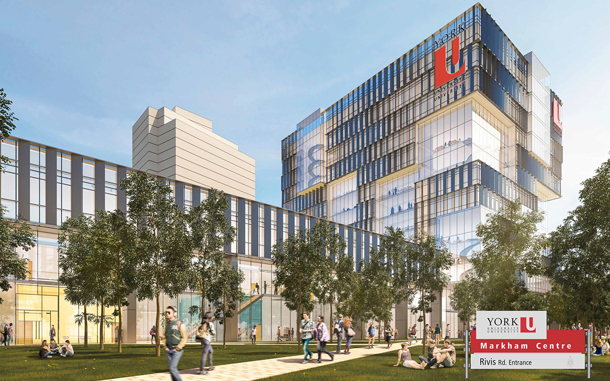Over the past ten years, I have carefully looked at the pre-construction condo market in Toronto. There is vast conversation about over supply and concern about market corrections. The data we have looked at examines both the demand and supply side of condo investing. Here is some candid information and facts:
Don't be a Speculator.
Let me be the first to tell you, this is not a get rich fast plan. Speculators will suffer in the short run, by either missing out on future gains or taking a loss because of the nature of the market. The 4 year plan for condo investors to cash out upon registration is over. That boat from 2010 has sailed.
Secondary form of ownership.
Condos are second in place to owning deeded land and a freehold property. Don't ever get fooled by someone promoting a condo as an equal alternative to a house as an investor. Condos are a form of title where the a dwelling is divided into many units which are owned individually. The owners then collectively own the common elements, amenities and and common utilities such as HVAC or electricity. In a Freehold property... its all you as an individual owner.
So when is a condo a good investment?
Condo investors have made an abundance of wealth in Toronto. Why? What makes Toronto a good place to invest in a condo? Here are three simple rules to when is may be good to invest in a condo:
RULE #1: No more land
When an area is changing to only condo ownership, then condos no longer become secondary to freehold property. Condos become the only form of ownership. For example, if you want to be walking distance to King and Bay... its highly unlikely that there would be a supply of freehold properties to own. You likely only have condos to choose from.
RULE #2: Change to the lay of the land
This is a key one. When there is vast investment by government or private wealth, the lay of the land changes. For example, with the growth of employment and institutions in Downtown Markham and the investment of infrastructure by the municipality and the region, Downtown Markham is becoming just that... a Downtown. It never had retail, York University, 8 large tech employers and plans for Light Rail before. It does now.
RULE #3: Change to living habits
Toronto has grown up. More residents (yes including families) are embracing condo ownership. Families want walkable neighbourhoods with less of a carbon footprint. Families want shorter commutes. Families don't want to be in overleveraged homes that are further out of the city. More then ever, millenials and echo boomers in particular are choosing to live in the downtown too.
Condo investments can yield great return and offer less of an investment of time into maintenance and repairs. But don't be sold on a pitch. There are many bad condos out there being heavily promoted. Poorly constructed, poorly managed or poorly laid out and located. A good condo purchase is a long term investment. It is something that you buy and hold, in an area where demand is growing and density ratios are changing. It should be built by a reputable developer and should satisfy your numbers. The next blog in our condo series... a deep look at numbers. Historical data, projections, rates of appreciation, vacancy rates, CAP rates. Put your numbers hat on, we've got a plentiful list of facts on the way!
Stay connected! Subscribe to our blog here:
Ravi Singh was name one of the most Interesting People in Real Estate by Inman News in 2016. Award winning Realtor with ReMax Hallmark and team leader at The Connexus Group.
More Good Content:
Why Entrepreneurs Make Bad Real Estate Investors







